The prosecution in the trial of the death of Ahmaud Arbery rested its case on Tuesday after conducting eight days of witness testimony.
Gregory McMichael, his son Travis McMichael, and their neighbor William “Roddie” Bryan have been accused of killing Arbery, a 25-year-old black man on February 23, 2020. This case came to light after a video showing the incident that led to Arbery’s death went viral on social media. The incident, which took place in Satilla Shores, a Georgia neighborhood, has become a controversial story because the three men involved in the encounter were white, which has provided a racial component to the case.
The Washington Post reported:
Prosecutors are arguing that McMichael has no claim to self-defense because the accused were the aggressors on Feb. 23, 2020, chasing an unarmed stranger for five minutes and confronting him with firearms. They have emphasized the elder McMichael’s statements to police that he threatened to “blow” Arbery’s “head off” and that the defendants trapped Arbery “like a rat.” They contend the accused had no grounds to detain Arbery, pointing to their comments expressing confusion about what exactly the man was doing in their neighborhood.
The prosecution, led by prosecutor Linda Dunikoski, interviewed 23 witnesses to build the state’s case against the three men. One of the witnesses was Assistant Special Agent in Charge Richard Dial of the Georgia Bureau of Investigation (GBI), who explained the evidence in the case and the sequence of events that occurred on that day.
GBI forensic pathologist Dr. Edmund Donoghue, who performed Arbery’s autopsy, discussed the young man’s injuries. Jurors viewed graphic photos of Arbery’s injuries.
Kevin Gough, the attorney representing Bryan, caused more controversy by objecting to the presence of civil rights leader Al Sharpton, who attended the trial. “We don’t want any more black pastors coming in here,” the lawyer said, claiming it could influence the jury. He later apologized for the phrasing of his remarks.
The week after, he balked at the reality that Reverend Jesse Jackson was in attendance at the trial, complaining that he would sway the jury. The judge rejected Gough’s complaints, pointing out that he had already rebuffed his requests to have Sharpton removed and that he didn’t even know Jackson was in the room until the attorney brought it up. “It’s almost as if you’re just trying to continue this for purposes other than just bringing it to the court’s attention,” Judge Timothy Walmsley said.
Attorneys for the McMichaels claim their clients were attempting to conduct a citizen’s arrest on Arbery, because they suspected he had just committed a burglary. According to bodycam transcripts, the men admitted they had not seen Arbery commit a crime.
CNN reported:
The confrontation came minutes after a neighbor called police to say Arbery was at the construction site alone that afternoon. Gregory McMichael, investigators testified, said he initiated the pursuit after seeing Arbery run speedily by McMichael’s home, and he believed Arbery matched the description of someone who’d been recorded at the construction site before.
The prosecution has said videos do show Arbery at the site multiple times, including the day he was killed, but always without breaking in and without incident.
Larry English Jr., who owned the home that was under construction, testified in a deposition that was played for jurors that he “probably” told the McMichaels about incidents involving his property, but never authorized them to confront anyone who entered the construction site. Neither the McMichaels nor Bryan saw Arbery enter the site minutes before they began giving chase.
Each defendant faces charges of malice and felony murder, aggravated assault, false imprisonment, and criminal attempt to commit a felony. All three have pleaded not guilty and if convicted, they could face life in prison without possibility of parole.
The defense has already given its opening statement and Travis McMichael, the man who fired the shots that killed Arbery, was their first witness to take the stand. On Thursday, the prosecution is expected to continue its cross-examination of the shooter.
The prosecution will likely focus its cross-examination of the defense’s witnesses on trying to establish that the three men did not have any business chasing Arbery on that day. There is also speculation that racist comments made by the three men – especially Travis – will be brought up by the prosecution to indicate he had an anti-black bias.
It was revealed in court proceedings that authorities discovered racist messages and social media posts on each defendant’s accounts. As I wrote previously:
When Villafranca asked Gough if Bryan held similar views, the lawyer answered, “Roddie Bryan doesn’t have a hateful bone in his body.” However, investigators found that his phone was full of racist texts. On Martin Luther King, Jr. Day, he texted, “I bet y’all are having a Monkey parade over there.” Law enforcement also compiled multiple pages of Bryan using the N-word. Gough insisted that these message were taken out of context.
A Georgia Bureau of Investigation agent named Richard Dial also found similar text messages on Travis’ phone. When asked if he had seen other evidence that he used the N-word on other occasions, Dial answered, “Yessir, many times.”
So far, the situation does not look positive for the three defendants, but the defense seems ready to do its best to poke holes in the prosecution’s arguments.
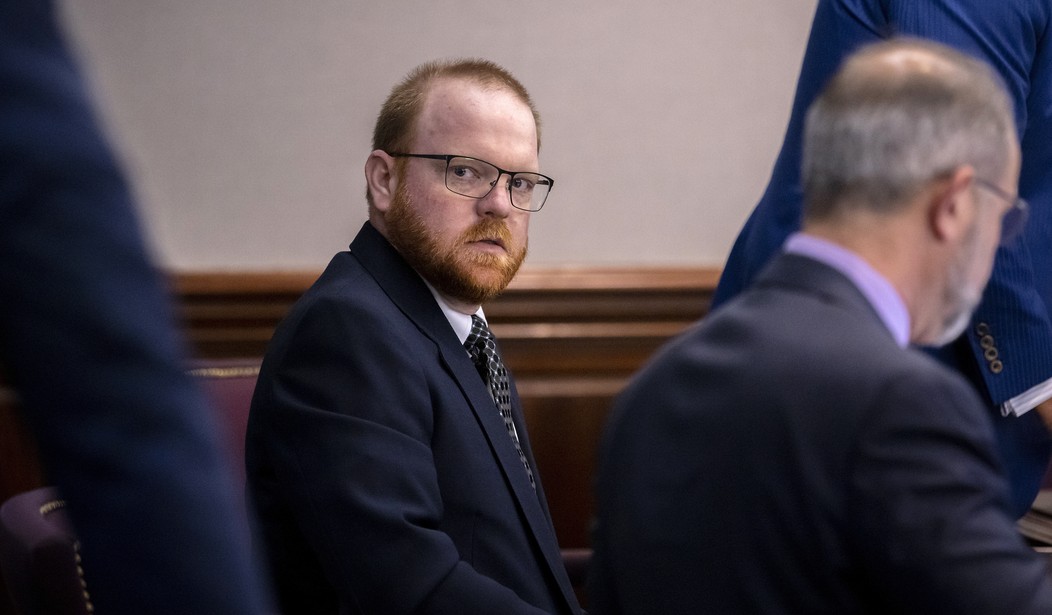

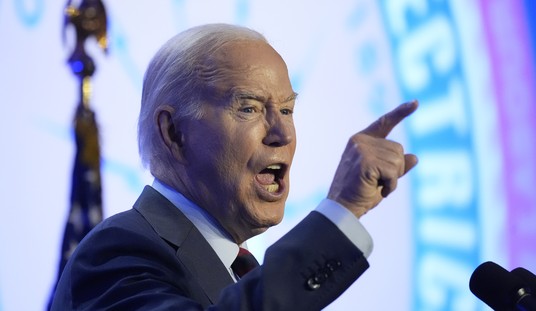
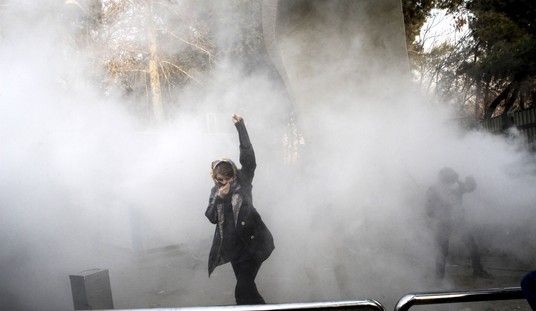


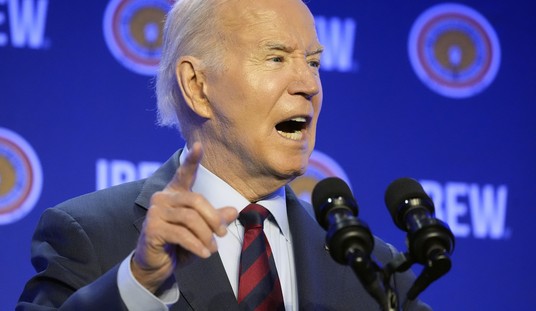

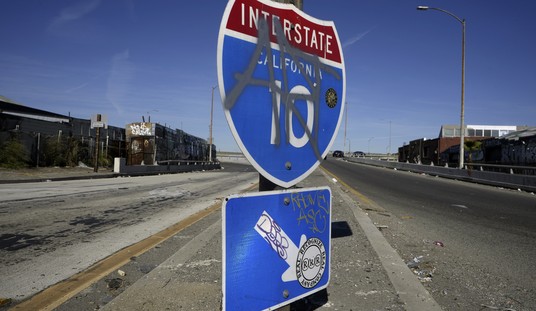




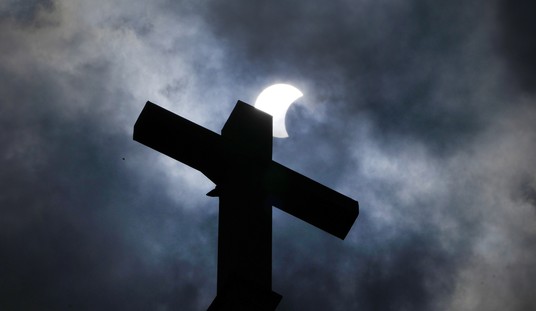
Join the conversation as a VIP Member